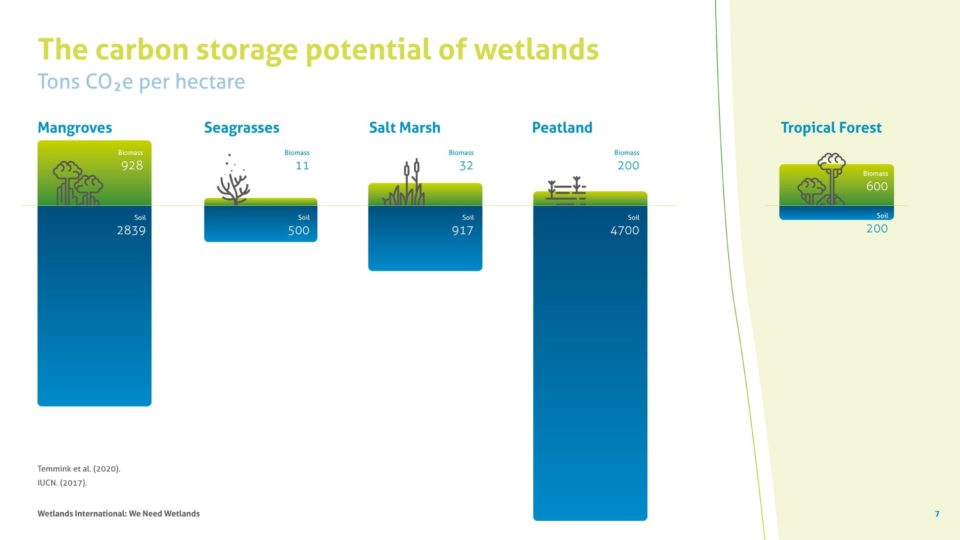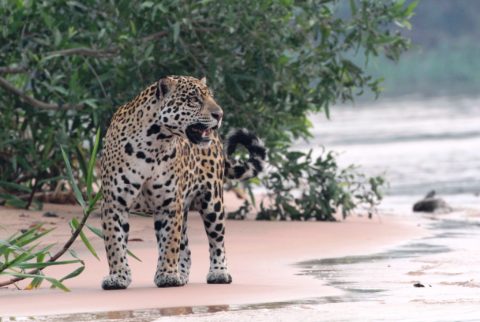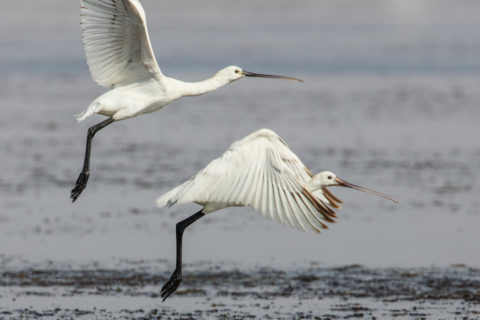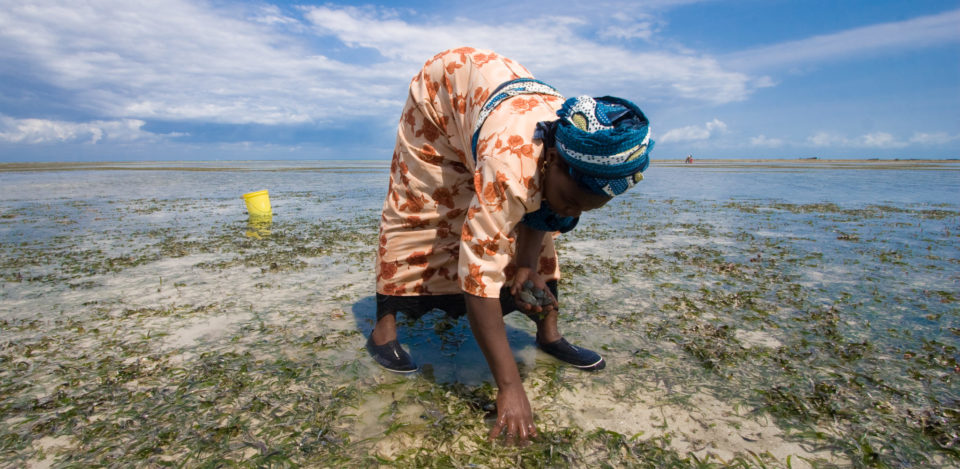
Three reasons we need immediate action for wetlands
-
Climate and disaster risks
Mangroves. Peatlands. Coral reefs. They are all wetlands – ecosystems periodically or permanently soaked in water. Wetlands can contain freshwater or saltwater and exist in every country and in climatic zone, from the poles to the tropics.
Wetlands are superheroes – storing carbon, protecting coasts, supporting livelihoods, and providing homes for a huge proportion of global biodiversity. Despite this, wetlands are frequently overlooked in global environmental policies. They are dammed, drained, and used as dumping grounds. Almost two-thirds of the world’s wetlands were lost in the 20th century and their waterlogged wealth continues to disappear down the drain and up in smoke at a rate three times faster than forests.
So, let’s talk about why it’s so important that we conserve and restore these habitats.
1. Wetlands can mitigate climate change and help us adapt to its worst effects
Wetlands hold stupendous amounts of carbon in their thick biomass, keeping it out of the atmosphere. In fact, mangroves can store up to four times more carbon than rainforests and peatlands contain twice as much carbon as all the world’s forests!

But in addition to sequestering carbon, wetlands protect us from some of the worst effects of climate change like droughts, floods and sea level rise. Peatlands, for example, act like sponges. The way peatlands hold and release water reduces the intensity of both floods and droughts. Coastal wetlands, like mangroves, provide vital protection from storms and sea level rise, by decreasing the amplitude of surges and waves, and stabilizing shorelines.
It is evident that countries are unlikely to meet their climate mitigation targets if their wetlands continue to be degraded. The restoration and protection of wetlands needs to be integrated into national policies to with actionable targets – not just to limit temperature rise to 1.5C, but to help people adapt to the changing climate.
2. Wetlands are unique biodiversity hotspots
40 percent of the world’s plants and animals make their homes in wetlands. They are breeding grounds for fish, stopover sites for millions of migratory birds, and hunting grounds for animals like sharks and tigers. In South America, the giant Pantanal wetland is an ecological melting pot full of caiman, giant anteaters, capybaras, jaguars, giant otters, and maned wolves. The Congo basin in Africa houses the world’s largest tropic peat swamp, containing large populations of gorillas and forest elephants.
Unfortunately, one-quarter of plant and animal species are threatened with extinction worldwide. If we don’t protect wetlands, we are threatening millions of lives that rely on these environments. In fact, healthy wetlands are central to solving the nature crisis and restoring several endangered species.


3. A world without wetlands is a world without freshwater
Healthy wetlands can vastly improve water quality. In addition to protecting against floods and droughts, wetlands recharge groundwater supplies and their rich natural harvests from fish and wild rice to wet pastures sustain more than a billion people. All of humanity depends on wetlands for the freshwater they capture, store, purify, and provide. We simply cannot survive without them, and we need to start treating them as indispensable.

Governments will meet from 5-13 November 2022 at Ramsar COP14 – a unique forum to address wetland decline. They have an opportunity to reinforce their support for the oldest convention on wetlands – the Ramsar Convention – and focus on solutions that will safeguard and sustain wetlands for people and nature. COP14 provides opportunities for stakeholder dialogue to mobilize investments. Critically, it is also taking place right before Climate COP27 and Biodiversity COP15, spotlighting the importance of wetlands in tackling both the climate and nature crises.
We need to scale up action for wetlands – to accelerate efforts to protect, manage, and restore them. We are in a critical decade for action and governments must have ambitious and actionable targets for wetland conservation.
Wetlands International is excited about our participation at COP14. Find out more about our activities here.
